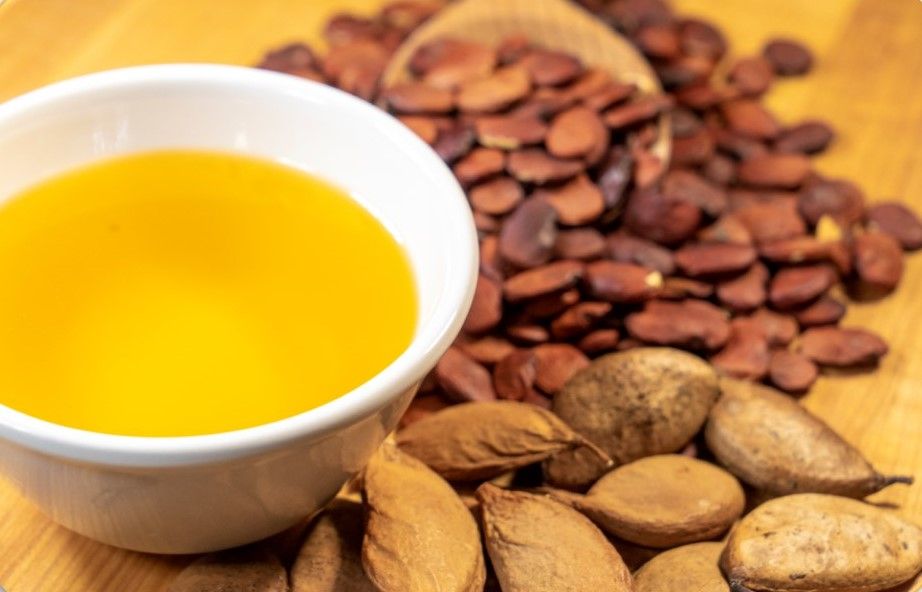Most people love the ideas around regenerative agriculture and more sustainable food production. But one of the biggest hurdles to making these ideas realities is the steep upfront costs that come with adopting a new crop or production practice.
Farmer Mac is now working with pongamia-focused startup TerViva to help Florida growers with their establishment and operational costs to grow pongamia. A secondary market for US agricultural credit originally set up by the US government, Farmer Mac maintains a network of regional and national ag lenders that can now provide guidance for growers on how to make pongamia cultivation a reality.
“We’ve always wanted to provide creative financial tools for growers to scale up and pongamia,” Sudhir Rani, chief financial officer at Oakland, California-based TerViva, told AFN.
“We’ve known Farmer Mac for years and as we recently reconnected we realized there is quite an overlap with what they are functionally doing as an organization and what we are looking to do in Florida.”
Native to tropical and subtropical Asia Pacific, pongamia isn’t exactly a new crop – even in the US. But according to TerViva, pongamia trees offer Florida’s distressed citrus growers a new alternative.
The Sunshine State’s citrus industry has been grappling with a somewhat biblical set of disasters in recent years — including hurricanes, disease outbreaks, drought, and soil degradation — all of which have taken their toll on orange, lemon, and lime yields.
“[Pongamia] has been in Florida for nearly 100 years as an ornamental street [tree]. It has been an unknown commodity,” Rani said. “What we’ve been able to do is provide the varieties that will be high in yield.”
High protein
Pongamia trees produce beans that contain both vegetable oil and protein. TerViva has turned pongamia beans into a flour as well as protein isolates and concentrates. These protein and vegetable oil ingredients are valuable to a diverse range of applications.
To date, the startup has helped farmers plant over 100,000 pongamia trees and plans to announce 500,000 more soon. It’s also exploring the possibility of harvesting wild pongamia in India with regional smallholder farmers and wants to build a traceable supply chain around it.
Pongamia, however, is relatively new as a cash crop making it more difficult for financial institutions to understand and underwrite its risk. The cost of planting an acre in pongamia is roughly $5,000, according to TerViva. That can add up quickly across large acreage.
Another problem with permanent crops, like trees, is that it can take a few years before a grower sees the fruits of her labor – both literally and financially speaking. Pongamia has a lifecycle similar to other nut tree crops, with TerViva’s varieties taking four years to first harvest – though they can provide beans for up to 30 years.
“Farmer Mac will support growers to access a network of regional and national ag lenders that can underwrite the risk,” Rani said.
“[That’s] because they think of this, not just [in terms of] how much money growers can make, but also including the sustainability angles that are vital to their mission.”
More than beans
Carbon credit company Cultivo has projects encompass everything from reforestation to wetland restoration and sustainable agriculture. It’s collaborating with TerViva to provide pongamia growers with new revenue streams from carbon credits.
One of the biggest debates around carbon credit markets for agriculture is the wide variety of standards that can be used to measure carbon sequestration or to predict drawdown.
“We are standard agnostic. We select the best methodologies and certifications specific to ensure the highest yields for each project, including Climate Action Reserve (CAR), Verified Carbon Standard (VCS), and the Climate, Community and Biodiversity Standard (CCB),” James Clifton, co-founder and chief scientific officer at Cultivo, told AFN.





